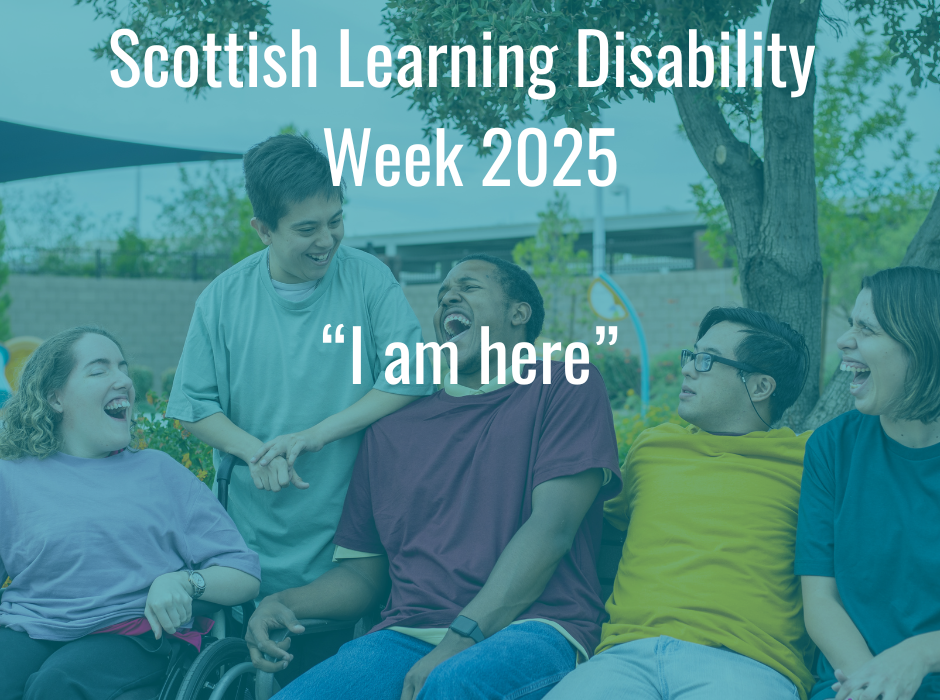People with disabilities are protected by a framework of international and domestic legislation, a framework that acknowledges that historically, they have been marginalised, discriminated against and denied their human rights. As a society we have repeatedly committed to doing better, to ensuring that people have the support that they need to live their lives, independently, with choice and control, as part of their community.
To my mind, delivering this promise is what our social care system is for. I believe that this is the purpose of adult social care – to provide the support that people need in order to live independently, as full citizens, with full access to their human rights.
But for many people who rely on adult social care support, this isn’t the reality that they experience. And that is, at least in part, because that’s not the support that is being commissioned by our social care system.
It is not our intention to throw stones at our local authority or health and social care partners – yes, they are responsible for designing and commissioning the services that support people in their area, the services that we provide, but they are under intense pressure to balance their budgets. That pressure results in eligibility criteria that denies support to anyone that isn’t already at crisis point. It results in explicit and implicit decisions to limit the support that people to get to only what is “essential”.
We believe that social care is about more than getting people up and dressed and fed and medicated; it’s about giving people what they need to live their life on their terms. We know how loneliness and isolation impacts on our mental and physical health, and our quality of life – social support, support to get out and engage in the community, to pursue interests and relationships, IS essential support.
Article 19 of UNCRPD (United Nations Convention on the Rights of People with Disabilities) protects people’s right to live independently, to be included in the community, and to have choices equal to others. States must ensure that people with disabilities have the support they need to be able to participate in their community, and to prevent isolation and segregation. We are a long way from a social care system that is equipped or able to deliver people’s human rights, and we don’t have any clear roadmap for how we intend to get from where we are to where we need to be.
Faye Keogh, Policy Officer, Turning Point Scotland.

